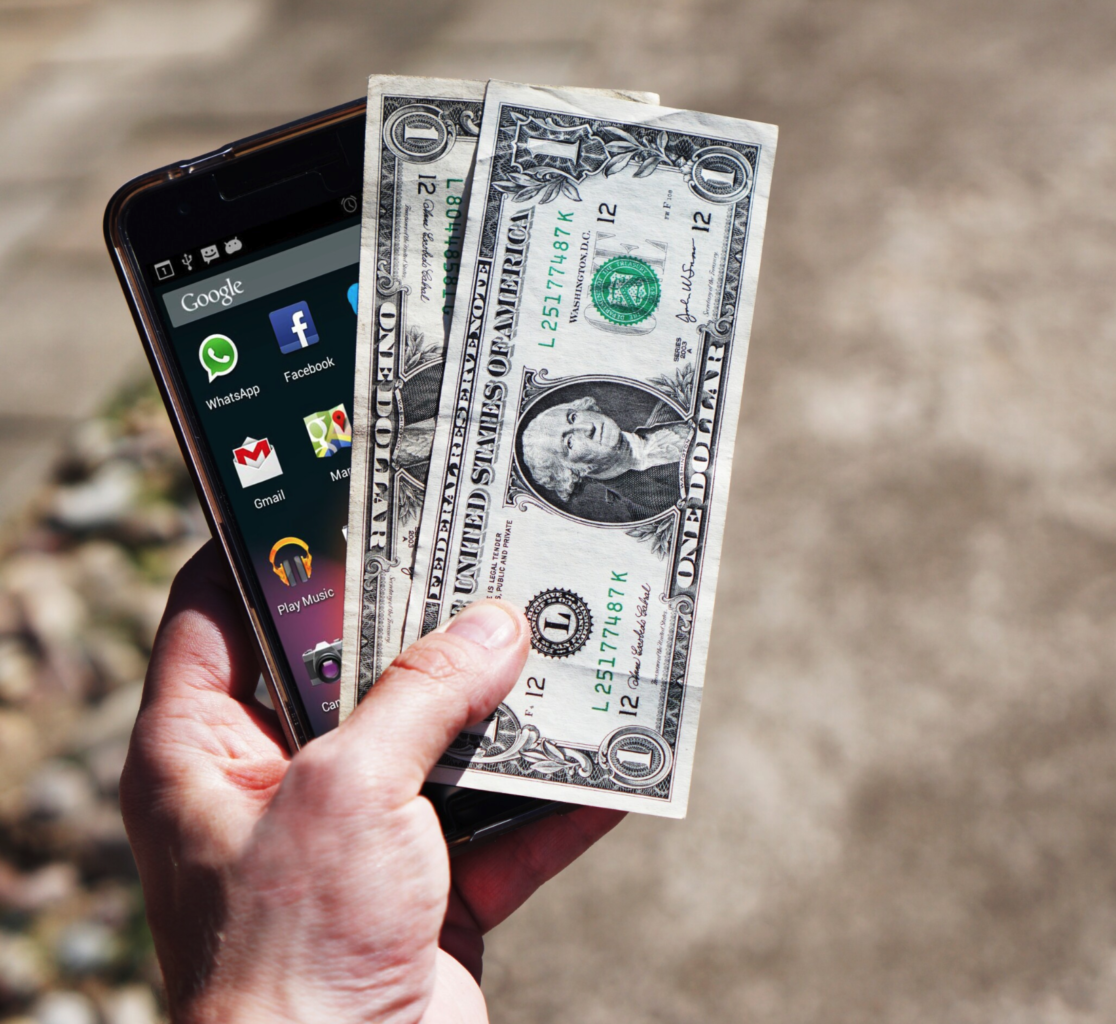The Big Picture –
By Glynn Wilson –
WASHINGTON, D.C. — Do you like reading news online but hate paywalls and popup ads?
There is a solution. But it will take a smart law firm to file the right kind of legal case against Google and Meta to bring it about.
It has long been my contention that the loss of advertising revenue for newspapers and online news sites to Google ads and Facebook and Instagram ads could have worked out differently, if the big chain newspaper owners had not been so myopic in the early days of computers and the internet. In other words, they were lacking in imagination, foresight or intellectual insight. Also not much of any knowledge of how the new economy and news consumption would work, although there were plenty of signs.
The hacker-programmers who coded the first web search engines joined forces with people who figured out how to create web advertising. In the process of claiming “Don’t be evil” — a motto the company eventually tossed out during a reorganization as “Alphabet, Inc.” in 2015, changing it to “do the right thing” — Google created a double barreled scam and almost single-handedly did the worst thing it could do for democracy. It accelerated the trend and nearly drove all newspapers out of business.
That’s why almost all former newspapers that continue publishing on the web now have paywalls, where you have to pay for a subscription to read the content, and deal with annoying popup ads to boot. If the news industry had stood up to Google and forced them to pay a fair rate for page views on ads early on, they would not have to use popup ads and paywalls. This is Google’s fault. Now they have $80 billion in cash in the bank in profits and none of it goes to pay for news reporters to cover, gather and write the news.
I’ve been studying these things for 25 years myself, and writing about them.
Finally, there is a groundbreaking new study out confirming it. Google owes publishers $10 billion to $12 billion annually and Facebook $1.9 billion, according to a study by professors at Columbia University and the University of Houston, with Boston-based consulting firm The Brattle Group.
“We find overwhelming evidence that the value of news is being appropriated by Google and Meta in excess of long-standing norms of how jointly created surplus value should be shared,” the 44-page report concludes.
They buried the lede.
“The decades of underpayment from platforms to news publishers have helped boost profits for Google and Facebook and increase their respective market (and monopoly) power. Their dominant market positions have had significant (negative) welfare effects. The market power also means that many governments have become fearful of regulating big tech companies.”
The authors say theirs is the first public paper to calculate a realistic estimate of what Google and Meta owe U.S. news publishers for the use of their news content, and to outline the methodology.
“News publishers who would like to rely on this report should be able to use our methodology to calculate what they believe they are owed,” they say.
They use data on audience use of news and the size of the advertisement market for platforms in their respective states and countries.
“With data on platform use and the size of advertisement revenues, they can then calculate the share of revenue coming from news content,” they say. “Finally, they can decide what the appropriate revenue split in order to determine the payments they are ultimately owed.”
The legal problem in the U.S. until now has involved a “somewhat myopic focus” on only a subset of services offered by the platforms. For example, news content is part of the core of the Google Search experience, and focusing on specific products such as Google Showcase or Google News leads to payment numbers far less than appropriate.
“The political economy implications of the underfunding of news by digital platforms are tremendous,” they say. “We have proposed global principles for platform remuneration to publishers elsewhere. If Google and Facebook were to make traffic and search data public, economists would be able to assess user behavior more accurately and better gauge what is owed to news publishers. However, even without these proprietary data, significant information that resides within the public domain can and should be used to shed light on the economic forces at play.”
According to this analysis, the payments to publishers have been “well below” accepted industry norms thus far, and there is considerable room for improvement in this regard.
“Whether this will happen directly as a result of new legislation or as a result of equitable bargaining outcomes between publishers and platforms remains to be seen. There have been calls for future agreements to be transparent, include smaller publishers, and promote investment that will continue to support news gathering and publication in the digital age.”
This is a start.
(More, in development) …
Links
Google owes news outlets at least $10 billion yearly, study estimates
As tech platforms grew into behemoths, newspapers’ combined revenue fell from $50 billion in 2005 to $20 billion in 2022. Thousands of papers closed and others shrank, leaving 70 million Americans with little to no local news coverage, according to the 2022 State of Local News report.
“We’re not dying of old age, we’re dying of homicide,” said Danielle Coffey, CEO of the News/Media Alliance trade group.
The study grew out of conversations between Haaris Mateen, an assistant professor of finance at the University of Houston who received a Ph.D. in economics from Columbia, and Anya Schiffrin, director of technology, media and communications at Columbia’s School of International and Public Affairs.
They wrote it with Patrick Holder and Haris Tabakovic of The Brattle Group. The Omidyar Network partly funded the consultants, while Mateen and Schiffrin were not paid for the project.
The study estimates 17.5% of Google search ad revenue and 6.6% of Facebook ad revenue “should be paid to news publishers on an annual basis.”
That’s based on the estimated value of news-related searches, and value that professional news adds to the platforms. A fair revenue split, based on other platform-publisher agreements, would give publishers half the platforms’ news-related revenue, the study said.
***
A U.S. version, the Journalism Competition and Preservation Act proposed by Sen. Amy Klobuchar, has bipartisan support and nearly passed last year. The study estimates what platforms would owe if it were enacted.
“It’s eye-opening how much revenue is generated off our content,” she said.
Coffey said there’s growing awareness around the world of the power imbalance between platforms and publishers, and that revenue is owed to the content creators.
Google Made $4.7 Billion From the News Industry in 2018, Study Says
How much do Google and Meta owe publishers? Twelve billion dollars, a new study says.
___
If you support truth in reporting with no paywall, and fearless writing with no popup ads or sponsored content, consider making a contribution today with GoFundMe or Patreon or PayPal. We just tell it like it is, no sensational clickbait or pretentious BS.














